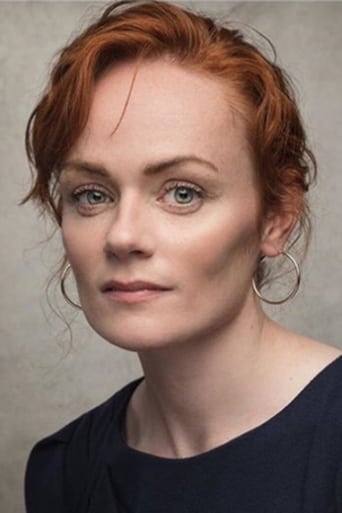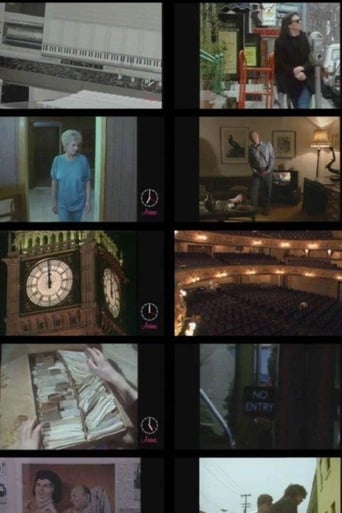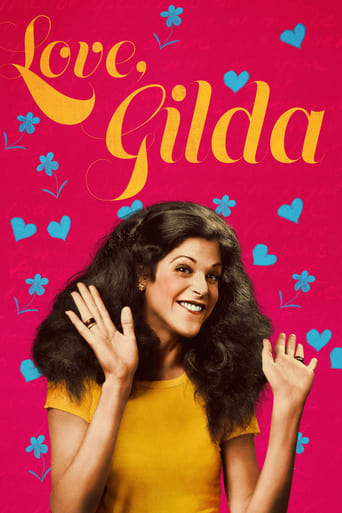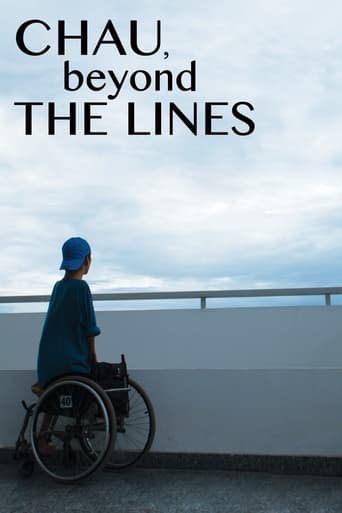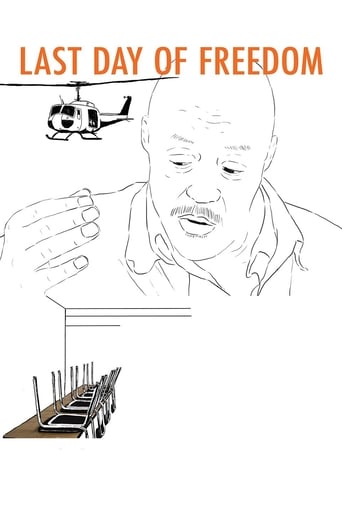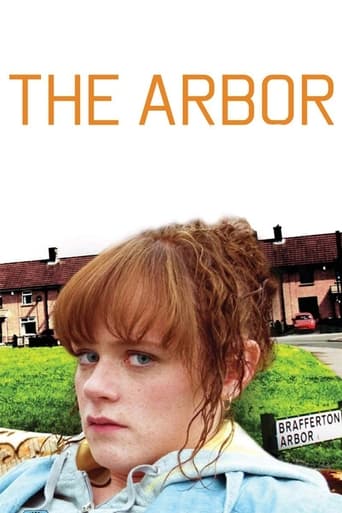
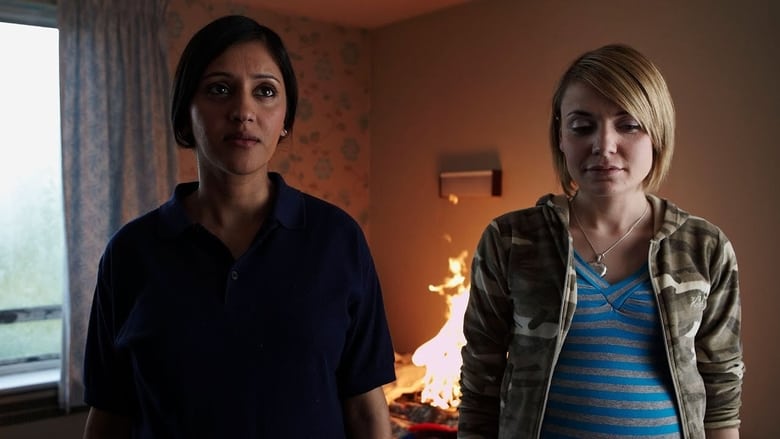
The Arbor (2010)
The lives of the late Bradford playwright Andrea Dunbar and Lorraine, one of her daughters, and the community of Bradford, in the 30 years since the 18-year-old Andrea penned a play about growing up in the community titled "The Arbor".
Watch Trailer
Cast


Similar titles
Reviews
I go into movies with no expectations...also I had no clue who was Andrea Dunbar so that really didn't help. I felt like I just wasted an hour and half watching this film. Nearly all positive reviews comment on how creative Clio Barnard is with the verbatim theater, AKA "lip synching". Sure, it's interesting for a few minutes but the novelty wore off...it would have achieved the same results if they used the original footage of interviews. Perhaps the techniques were too artsy for me.This "docudrama" focused on Andrea then transitioned to Lorraine...both figures are equally tragic but it makes me sad how irresponsible people are, especially with children involved. Neither women are fit to be mothers...it's like an extended episode of a bad reality TV show where the cameras follow people who are trainwrecks. Yes, I realize alcohol and drug addictions consume lives but they have no one to blame but themselves. It's hard to pull for any of the characters.The story itself is very slow moving. The only bright moment was Lorraine dancing on top of her dad's car...it was a sweet moment of innocence. The film would have been better served if it's half an hour shorter and played on PBS.
Andrea Dunbar wrote two plays before she died tragically young at the age of 29 - 'The Arbor', of which we see snatches and scenes here, and 'Rita, Sue and Bob, Too', which was made into a well-regarded film.This drama-documentary is rather different to the usual type because not only does it use real interview and actual footage of Dunbar from her TV appearances, but uses real interviews with her family and friends which are then lip-synched (very well) by professional actors. This sounds like a gimmick, but we very quickly forget we are not watching the real people talking about their lives - when we do get jolted out of this by associations with other work (George Costigan 'plays' Dunbar's partner but also of course was 'Bob' in the aforementioned film), it still somehow works.Dunbar's story was a tragic one, one of wasted talent and a toxic life, to some degree, although her children - mixed-race Lorraine and Lisa - have very different stories about their childhood and the impact their mother had on them. Lorraine's story is just as tragic in its way, and we follow that following the description of Andrea Dunbar's death.A new and dynamic way of presenting real people's issues and problems, 'The Arbor' is very possibly something Dunbar could have created herself had she lived. As it is, it stands as an interesting memorial to her talent.
I came to this film thinking that it was a documentary about the young writer Andrea Dunbar, who wrote the play (then film) Rita, Sue and Bob Too as well as a couple of other works before dying very young. I wasn't sure why I should be interested in her or her work but I had heard good things about the film (and had also seen Clio Barnard's previous short films) so I decided to give it a go. What I found was a film that wasn't really about Andrea Dunbar so much as it was the life of her mixed race daughter Lorraine.In telling this story the film not only tells us about Lorraine's life but also gives us the context by filling in who her mother was (mainly from old BBC documentaries that Lorraine watches) but also shows us what the estate is like by enacting parts of her play on the estate. It is a very creative approach and the blend of documentary and drama compliments each other since the original play was so real as to be a documentary and the real story of their lives is so engaging that it could have been a scripted drama. The film captures this really well and the various sections and threads just fit perfectly together – you are being told about different people in different ways but it never feels like anything other than one story.I didn't know any of this story so for me it really did impact to hear about the damaged lives coming out of this world (a world shown to us through the play). Assuming others do not know either, I will say no more on the content but it is brutal and saddening but rewarding thanks to how it is told. Much like her short films, Barnard approaches this as a documentary of real people telling stories but where in her shorts I think she hurt the films by having overly distracting images and cutaways as part of her design, here her visual content does nothing but add to the telling. Her "visuals" are actors lip-synching with the recorded word of the real people. The word "lip-synching" has negative connotations – it means pretending, faking it etc in regards music but here it is a great device. The actors not only hit their marks in regards the words, but they do so in a way where they make the words come alive. Virk is tragically brilliant and makes her character sympathetic without making excuses for her; she holds the attention and brings so much out in face and body. Gavin is great as the "girl" in the play – it is her role to help us understand the Dunbar not shown in the BBC interviews, and she does this really well. Down through the cast everyone delivers and they succeed despite the limits of not only the words they have to say, but the nuances and the timing of those words – the majority of the cast have little freedom to move but yet they deliver great performances.Barnard was showered with praise for this film and rightly so. It is engaging in its telling of this brutal and fascinating family story and it is done with creativity. The blend of documentary and drama is really well done whether it is in the grand scheme of things or even in the smaller detail such as setting the play sections on the estate with people watching in the background. It is not a cheerful film but yet it is a very good one and it is very much worth seeing. I've had issues with some of Barnard's work before, but with this I have almost no reservations about it.
I loved everything about this sad film. The technique of post syncing shouldn't have worked, nor the acting of the play on the streets either, but they really do.The pacing of the original interviews is very interesting,very steady. There is something marvellous about the way the accents are subtly yet profoundly different from those that actors generally impose, and knowing that these voices are those of the actual people was very moving.Seeing the real people in what would normally have been flashback but in this case is views into a previous documentary really worked.This is a very powerful story of a tragedy with very little joy. When I see Rita, Sue and Bob Too again, one of my favourite films and one that puts most other working class depictions into a cocked hat, I wonder what my mood will be.




